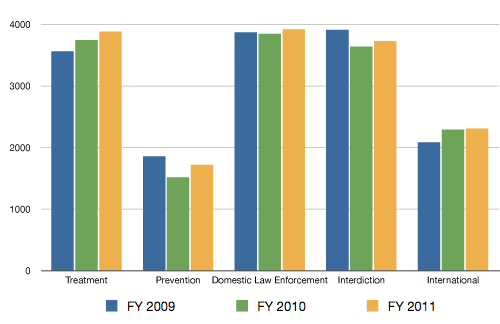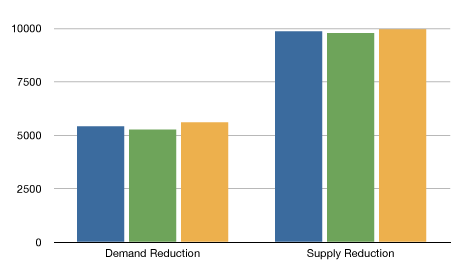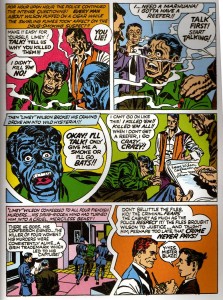I see a lot of stories about Mexico come through my newsreader. It says a lot about how often I get stories of drug-war-related killings that now when I see headlines like “Six shot dead in Mexico Disco,” “Gunmen kill 13 high school students at party in Mexico.” etc. I rarely bother to even read the articles. They have sadly become… ordinary.
But I found interesting the juxtaposition of two articles this weekend. One in the Arizona Republic: Drug Cartels Tighten Grip; Mexico Becoming ‘Narco-State’
Some analysts are warning that Mexico is on the verge of becoming a “narco-state” like 1990s-era Colombia.
“We are approaching that red zone,” said Edgardo Buscaglia, an expert on organized crime at the Autonomous Technological University of Mexico. “There are pockets of ungovernability in the country, and they will expand.”
For the past decade, he said, parts of Mexico have been sliding toward the lawlessness that Colombia experienced, in which traffickers in league with left-wing rebels controlled small towns and large parts of the interior through drug-funded bribery and gun-barrel intimidation.
In the latest sign of the cartels’ grip, on Wednesday the National Action Party of President Felipe Calderon announced it was calling off primary elections in the northern state of Tamaulipas because drug traffickers had infiltrated politics.
It’s a fascinating article that goes into detail regarding the reach of the cartels, including ownership of legitimate business and provision of needed community support, not to mention the huge boost to the economy from their activity. And the drug war has not really made any dent in their power (it may have done the opposite).
Only three things could change the balance, said Ray Walser, an expert on Latin America at the conservative Heritage Foundation: a massive increase in U.S. drug aid, a large addiction-treatment program in the United States or the legalization of drugs in the United States.
None of these measures seems to be on the horizon, Walser said.
The other story, an AP piece running in dozens of media outlets today, is a little odd. Amid drug war, Mexico less deadly than decade ago
“What we hear is, ‘Oh the drug war! The dead people on the streets, and the policeman losing his head,'” said Tobias Schluter, 34, a civil engineer from Berlin having a beer at a cafe behind Mexico City’s 16th-century cathedral. “But we don’t see it. We haven’t heard a gunshot or anything.” […]
“In terms of security, we are like those women who aren’t overweight but when they look in the mirror, they think they’re fat,” said Luis de la Barreda, director of the Citizens’ Institute. “We are an unsafe country, but we think we are much more unsafe that we really are.”
Certainly it’s interesting that the murder rate is down from 10 years ago in total, but of course that does nothing to counter the fact that the drug war is causing a huge toll. It’s just that other factors have improved.
Experts say while drug violence is up, land disputes have eased. Many farmers have migrated to the cities or abroad and the government has pushed to resolve the land disputes, some centuries old. […]
De la Barreda attributes the downward trend [in murders] to a general improvement in Mexico’s quality of life. More Mexicans have joined the ranks of the middle class in the past two decades, while education levels and life expectancy have also risen.
It would be interesting to know just how much the improved quality of life was due to the influx of drug-war cash.
So, if you’re planning your Spring Break vacation, go to Mexico. It’s safe! Except when it isn’t.

 One of the many heartbreaking stories told in
One of the many heartbreaking stories told in 


